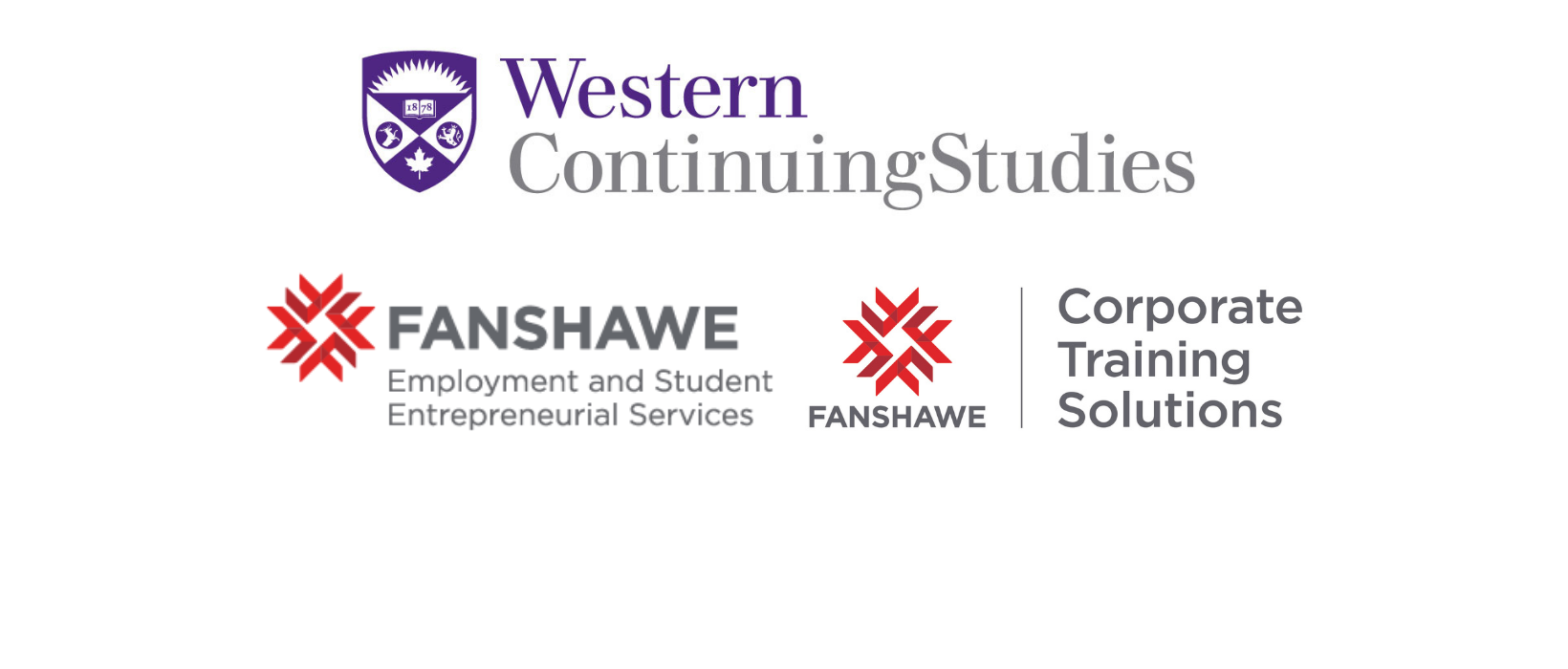What is cultural safety? The concept emerged in New Zealand during the 1980s as a framework for responding to unequal access to health services by Indigenous Maori people. As defined by Indigenous rights leaders at the time, culturally safe practices recognize and respect the identities of others and meet their needs, rights and expectations. Culturally unsafe practices diminish, demean or disempower the cultural identity of an individual.
While the idea of cultural safety arose as a response to health care inequalities, it’s important in a much larger context. For organizations, fostering cultural safety in the modern workplace involves recognizing the unique and diverse identities of their employees and clients, and developing safeguards and processes to protect the expression of these identities.
Creating a culturally safe workplace for Indigenous employees, involves creating a space where Indigenous team members feel secure in their work environment and are given the ability to flourish. It also means using Indigenous frameworks and concepts to welcome Indigenous clients so they feel safe to participate and access services and/or programs.
To increase the level of cultural safety within an organization, staff members must be supported to become culturally competent individuals and leaders must ensure there are intentional structures and effective processes in place. We all have a responsibility to to think about the systems and structures in our organizations and our greater community and how they may be harmful to and unwelcoming to Indigenous communities.
While this workshop will have an emphasis on creating a culturally safe environment for Indigenous individuals, there will also be a broader equity lens that can be applied to creating workplaces that feel safe and welcoming to all.
Learning Outcomes
-
How your organization can lead systems transformation towards reconciliation through organizational improvements in partnership with Indigenous clients, volunteers and staff
-
Learn about and how to implement Indigenous-centered frameworks, structures and concepts to create more culturally safe workplaces
-
Gain concrete and practical tools to enable people-centred culture, effective engagement activities and positive experiences for Indigenous individuals that you work with or support
NOTE: Do you have any specific questions or topics that you would like the presenter to cover during this workshop? Please email them to sgergich@pillarnonprofit.ca
LEVEL: Intermediate
WHO SHOULD ATTEND?
Human Resource professionals, Executive Directors, board members and/or senior management. Those with a desire to make changes in their organization and commit to authentic reconciliation and action.
PLEASE NOTE THE LOCATION: This event is scheduled to take place in person. We continue to follow the guidance of the Middlesex London Health Unit recommendations.
It is possible that the event could shift to online. If you do not live in the area and are interested in attending online please send an email to sgergich@pillarnonprofit.ca. If there is enough interest and/or the situation changes the event location could change.
ADDITIONAL INVESTMENT INFORMATION:
Are you a nonprofit member organization with an operating budget of under $100,000? You may be able to save an additional 50% off the registration fee.
Learn if you are eligible for the NONPROFIT MEMBER DISCOUNT RATE.
ABOUT THE PRESENTER:
Joe Antone MSW, RSW is Haudenosaunee from Oneida Nation of the Thames. Joe is the clinical lead for Biigajiiskaan: Indigenous Pathways to Mental Wellness, a program run in partnership between Atlohsa Family Healing Services and Parkwood Mental Health Institute.
Joe’s mixed ethnicity and lived experience allow him to operate through a “two-eyed seeing” lens, which enables him to effectively access and leverage both Indigenous and Western Knowledge bases in his work. Joe’s professional expertise centers around the concepts of justice, equity, and cultural safety, and include Indigenous health and healing, systems change, organizational change including implementing cultural safety, mental health and addictions, and community development. Joe’s professional experience includes roles at the clinical, management, and systems levels, which provides Joe with a multi-tiered and comprehensive understanding of how to apply equity, justice, and cultural safety principles in organizations to improve health outcomes.
Thank you to our 2022 Learning & Development Sponsors:
Western Continuing Studies and Fanshawe Employment and Student Entrepreneurial Services/Corporate Training Solutions

